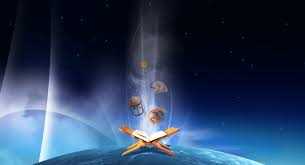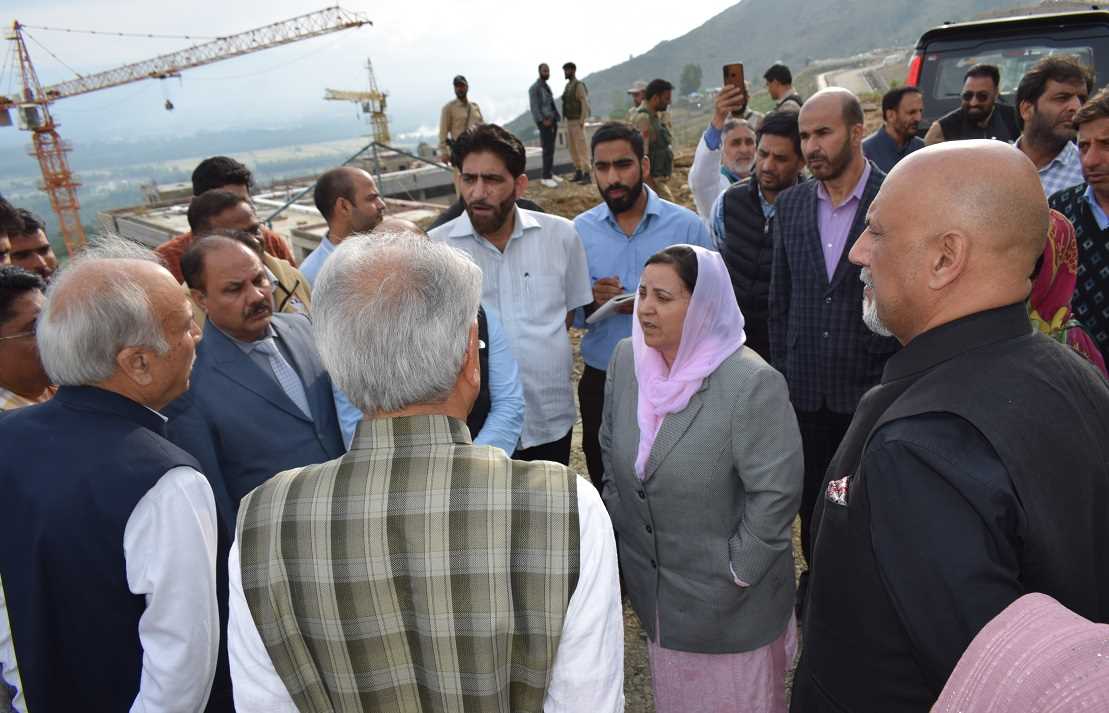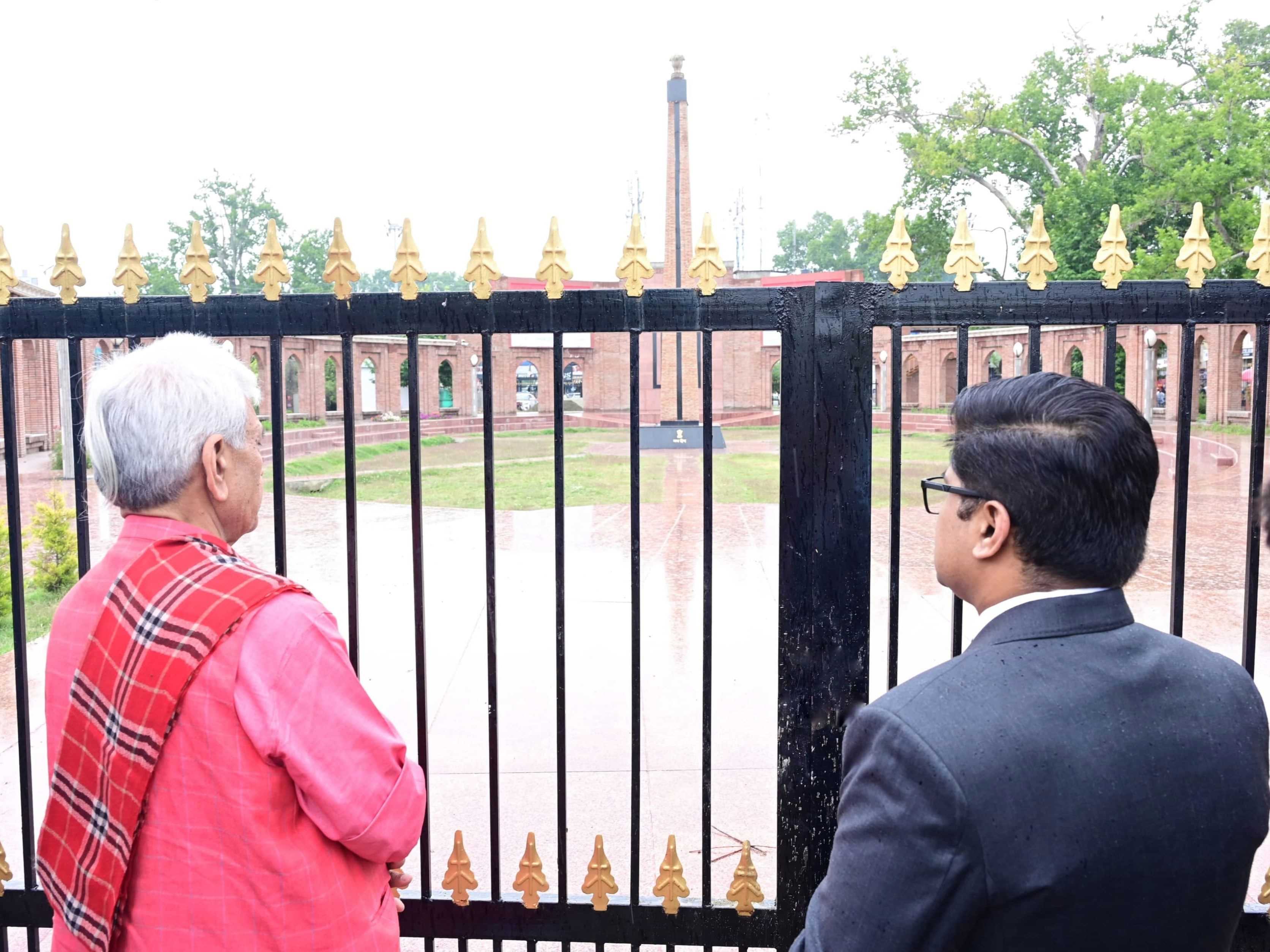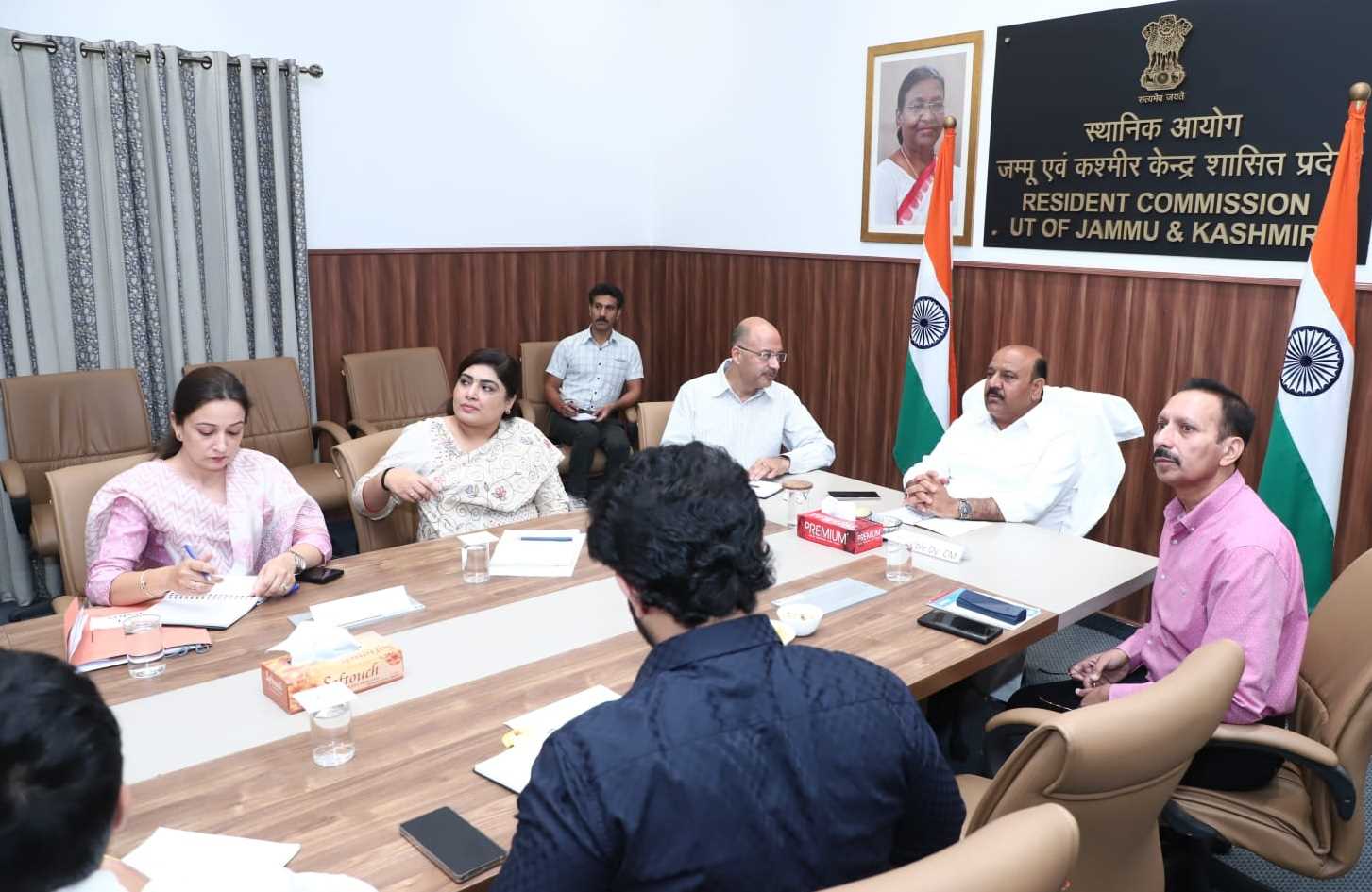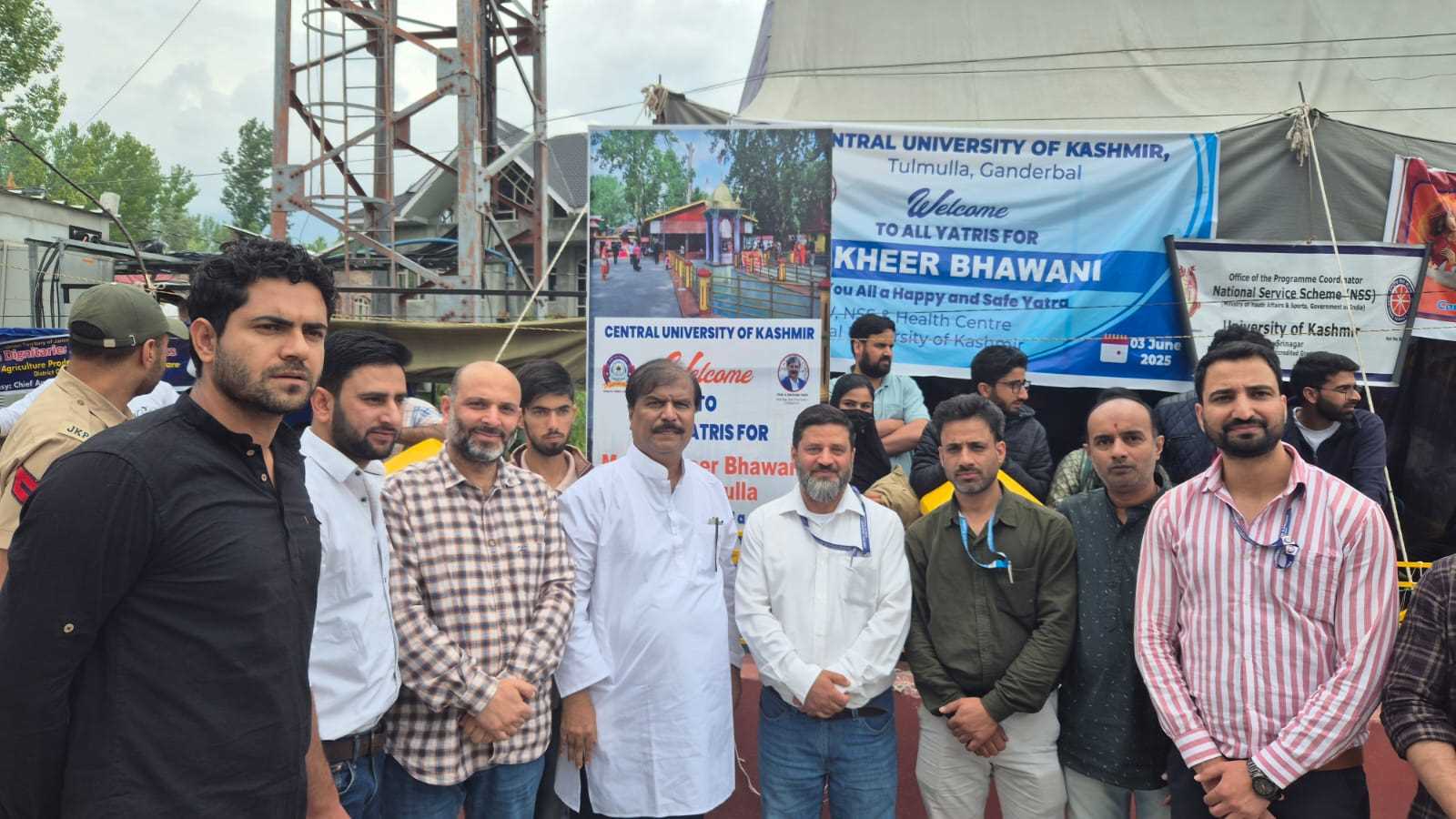(Qur'an, 2:31) This verse highlights how Islam encourages the pursuit of knowledge and understanding of the world. Throughout history, Muslims have made remarkable contributions to science, particularly during the Golden Age of Islamic Civilization. Today, understanding the relationship between Islam and science is more important than ever. It promotes peaceful dialogue, mutual respect, and innovative thinking. This article explores the deep-rooted ties between Islam and science, proving they can—and have—worked hand in hand both in the past and present.
The Harmony of Science and Islam
Many assume that religion and science are inherently at odds. However, history tells a different story. During the Islamic Golden Age (8th–13th centuries), Muslim scholars led global advancements in medicine, astronomy, mathematics, and more. Rather than opposing one another, Islam and science coexisted, each enriching the other. This harmony shows that scientific discovery is not only compatible with faith, but often driven by it.
The Quran’s Emphasis on Knowledge
Understanding Islam’s value of knowledge begins with the Qur’an. It doesn't merely call for the accumulation of facts but encourages deep reflection and thoughtful observation. The Qur’an urges believers to ponder the universe and recognize signs of divine creation in nature.
For instance:
“Do the disbelievers not realize that the heavens and the earth were once one mass, then We split them apart? And We created from water every living thing. Will they not then believe?”
(Surah Al-Anbiya, 21:30)
This verse has often been linked by scholars to the Big Bang theory and the origin of life, sparking both scientific and theological discussions. Another verse states:
“And it is He who has released the two seas, one fresh and sweet, and one salty and bitter, and He placed between them a barrier and a partition forbidden to be passed.”
(Surah Al-Furqan, 25:53)
These verses demonstrate the Quran's invitation to explore the natural world and recognize the signs of God's wisdom within it.
The Legacy of Muslim Scholars
Islamic scholars have historically promoted reflective thinking and scientific exploration:
Ibn Sina (Avicenna): Author of The Canon of Medicine, a foundational medical text in both the Islamic world and Europe for centuries.
Al-Razi (Rhazes): Advanced the fields of chemistry and medicine, discovering innovative treatments and emphasizing empirical observation.
Ibn Al-Haytham (Alhazen): Often considered the "father of optics", he used experimentation to study light and vision, laying the groundwork for the scientific method.
Al-Khwarizmi: A mathematician whose work in algebra gave rise to the term “algorithm”.
Ibn Rushd (Averroes): A philosopher and physician who defended rational inquiry and was influential in both Islamic and Western thought.
These scholars synthesized knowledge from Greek, Indian, and Persian traditions while pioneering new ideas that shaped modern science.
Science as a Religious Duty in Islam
In Islam, seeking knowledge is more than a personal choice—it is a form of worship. The Prophet Muhammad (peace be upon him) emphasized:
"Seeking knowledge is an obligation upon every Muslim."
The Quran and Hadith repeatedly highlight the virtues of learning and discovery. Islamic teachings present no conflict between faith and reason—instead, they encourage their integration. This connection between spirituality and science has inspired generations of Muslims to explore the universe and uncover its mysteries.
Faith and Curiosity
Throughout Islamic history, curiosity, innovation, and discovery have been celebrated. Islamic education included sciences such as medicine and astronomy. Scholars like Ibn Sina and Ibn Rushd even influenced European education, particularly in anatomy and medical practice.
As the Qur'an states:
“Indeed, in the creation of the heavens and the earth, and the alternation of the night and the day, are signs for those of understanding.”
(Surah Al-Imran, 3:190)
This verse serves as a call to reflection and investigation of the natural world.
A Vision for the Future
Islam continues to inspire scientific curiosity. Today’s Muslim scientists carry forward the legacy of past scholars, addressing global challenges through research and innovation. By seeing science as a path to spiritual insight, Muslims can contribute to human progress while staying grounded in their faith.
The Prophet Muhammad (peace be upon him) also said:
“The best gift a father can give his child is education.”
He recognized that knowledge opens the doors to paradise and emphasized the importance of teaching and sharing knowledge with others.
Conclusion
Islam has a rich history of encouraging scientific exploration. The Qur'an and teachings of Prophet Muhammad (peace be upon him) make it clear: seeking knowledge is a noble and sacred pursuit. From the scholars of the Golden Age to modern-day innovators, Muslims have contributed immensely to humanity’s understanding of the world.
Let us honor this legacy by committing to lifelong learning, curiosity, and reflection—remembering always that knowledge brings us closer to our Creator and strengthens the bond between faith and reason.
Email:-----------------------------omaraminbhat@gmail.com
